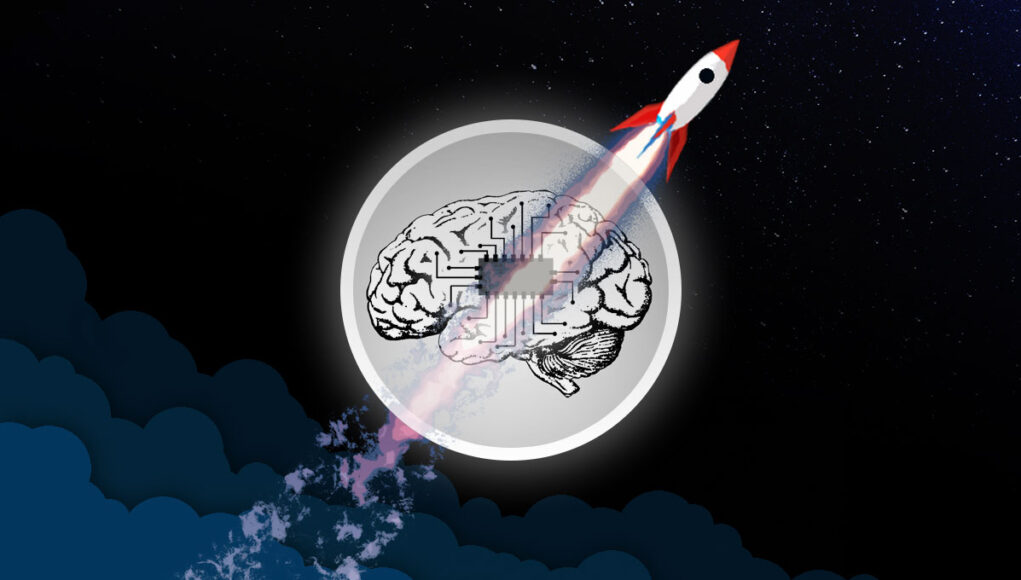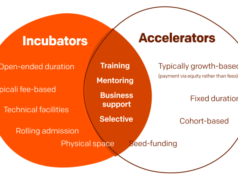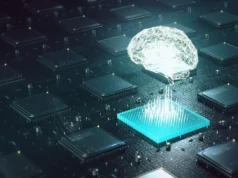Artificial Intelligence continues to be the engine behind some of the most exciting innovation in tech. In 2025, AI isn’t just about large language models or chatbots—it’s powering breakthroughs in robotics, drug discovery, education, and enterprise software. While established companies are heavily investing in AI, it’s the nimble, fast-moving startups that are often leading the charge.
Here are the top AI startups to watch in 2025—companies that are reimagining how we code, work, communicate, and solve complex problems.
1. Mistral AI
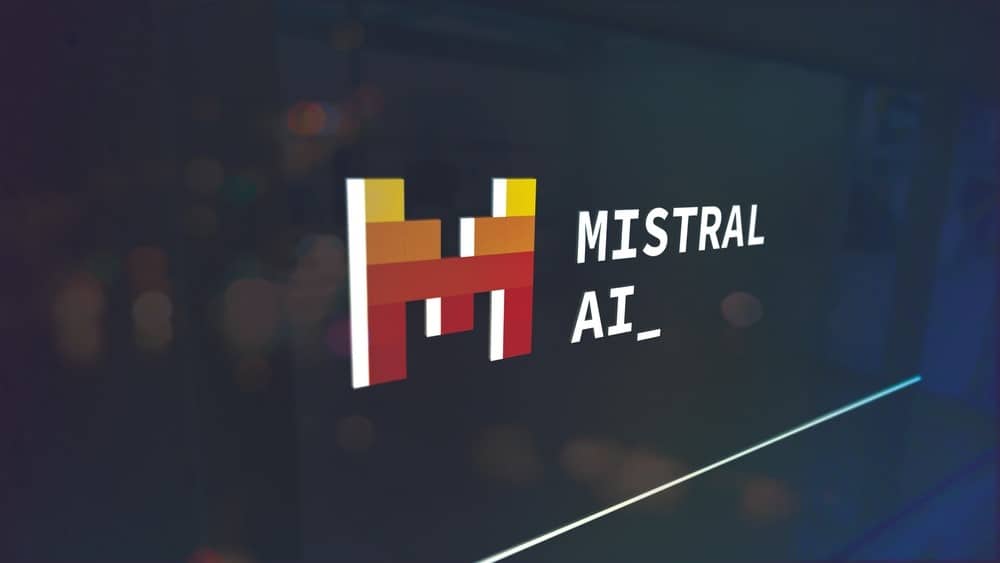
Focused on building open-source large language models, this startup has become one of the most talked-about names in the AI space. In a landscape often dominated by closed ecosystems, this company is taking a different path—prioritizing transparency, modular design, and accessibility. Its language models are being used in diverse applications, from AI assistants to enterprise software integrations, all without locking users into a proprietary system.
2. Poolside AI

This startup is redefining the software development process. Using advanced generative models, it helps developers automate and improve code quality, speed up debugging, and enhance overall team productivity. What sets it apart is its focus on privacy, security, and on-device performance—offering businesses a robust, AI-powered developer toolset that integrates seamlessly into their existing workflows.
3. Perplexity AI
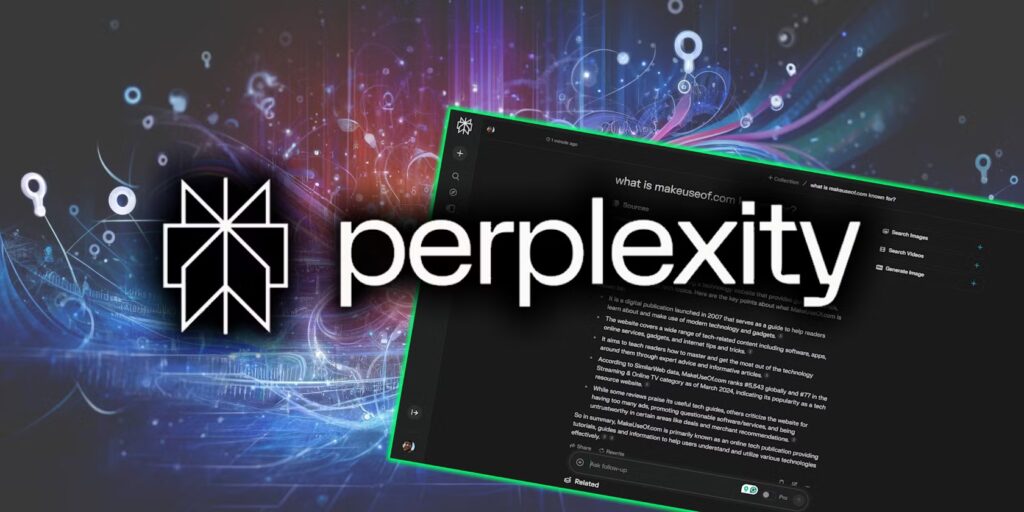
A rising player in the AI ecosystem, this company has gained attention for its approach to combining search and conversational AI. Its technology delivers real-time, dynamic answers using up-to-date information—bridging the gap between traditional search engines and chat-based AI assistants. The result is a new kind of interface where users get reliable, reference-style answers that are highly contextual and useful across domains.
4. Figure AI

Humanoid robots are no longer science fiction. This startup is creating life-sized, AI-powered robots designed to work in logistics, warehousing, and manufacturing environments. These robots are equipped with real-time reasoning abilities and physical dexterity, allowing them to assist with tasks such as lifting, sorting, and transporting goods. As labor shortages continue across sectors, this type of solution is becoming more relevant and scalable.
5. Owkin
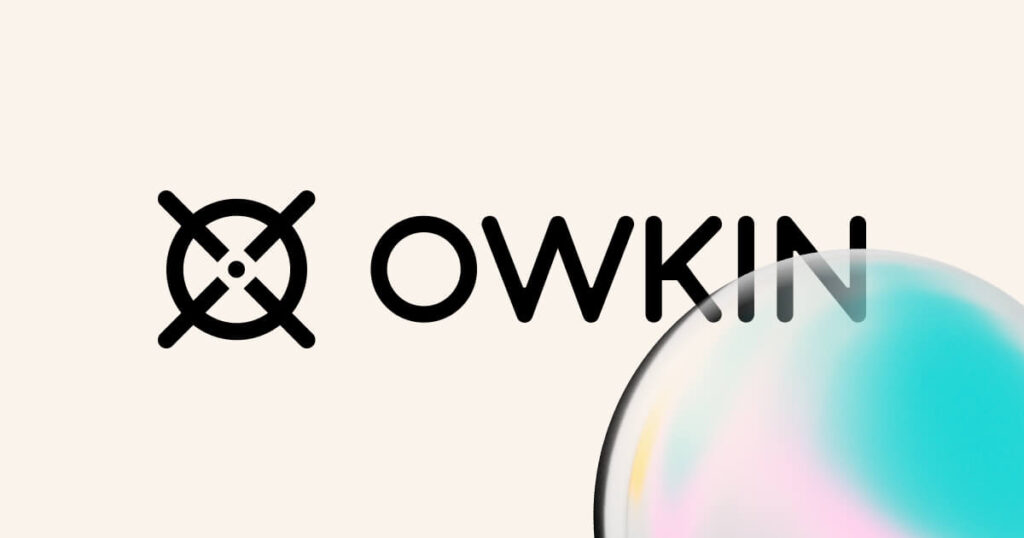
This biotech startup is using AI to transform how medical research and drug discovery are conducted. It combines multimodal patient data with machine learning to identify patterns in disease progression, predict treatment outcomes, and accelerate the path from molecule to medicine. The use of federated learning—where sensitive patient data stays localized—makes this approach not only powerful but also privacy-conscious.
6. Sarvam AI

Targeting one of the most linguistically diverse regions in the world, this startup is building large language models tailored for Indian languages. Its models are trained with culturally relevant data, enabling them to understand code-switching, idioms, and regional nuances. Businesses can integrate these language models via APIs, making it easier to build localized applications, from customer service chatbots to voice assistants.
7. ThriveAI
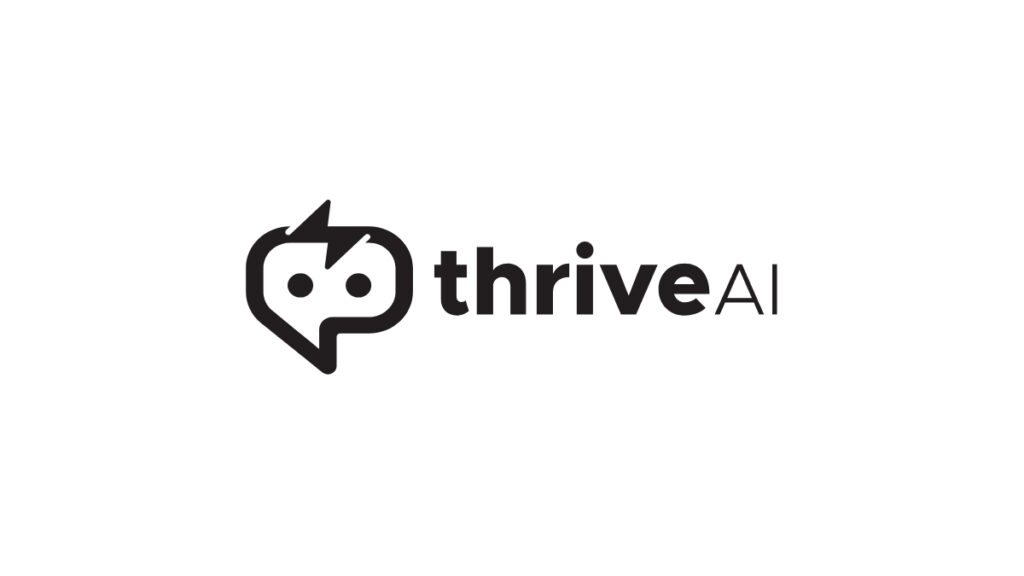
In the era of digital product management, this startup is creating AI agents that function like virtual product managers. These agents live inside tools like Slack and Microsoft Teams, helping teams track feedback, analyze user data, and generate reports. The idea is simple: let AI handle the repetitive coordination work so that human managers can focus on strategy and decision-making.
8. EdgeUp
AI is now playing a major role in education, and this startup is leading the charge in personalized learning. Its software tailors exam coaching based on a student’s cognitive strengths, learning style, and prior knowledge. By assessing patterns in behavior and performance, the platform adapts in real-time—offering a unique experience to each learner. As standardized test prep continues to be a massive industry, adaptive tools like this one are in high demand.
9. AgiBot
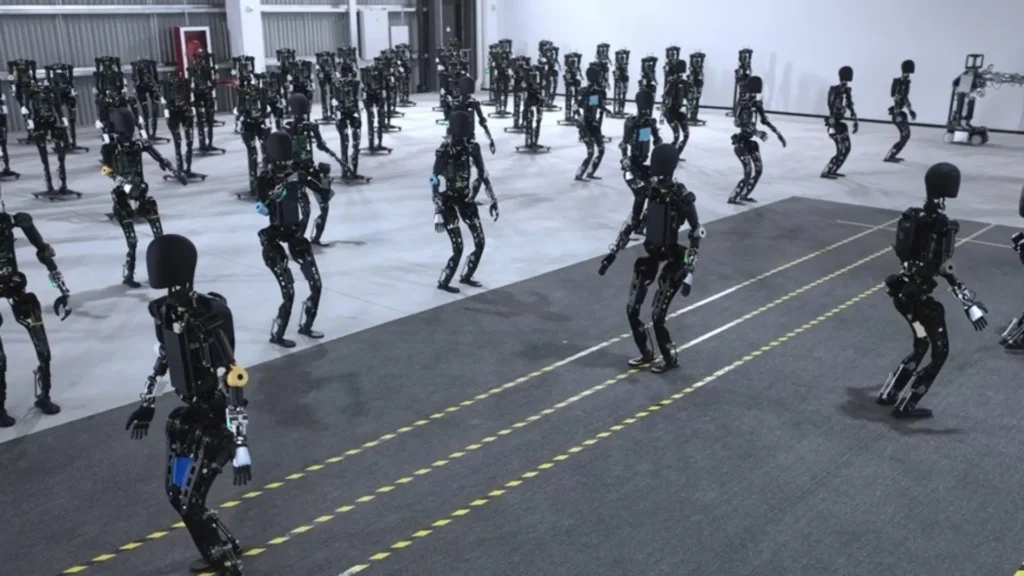
This robotics startup is creating AI-powered humanoid robots for industrial use, specifically in manufacturing and quality control. These robots are designed to perform tasks that require both precision and adaptability, such as assembling small components or monitoring defects. Built to withstand factory environments and learn through experience, they represent a key shift toward automation in physical labor.
10. MagicLab

Also working at the intersection of AI and robotics, this company is developing intelligent machines for complex factory workflows. These systems are being trained to collaborate with human workers, learn on the job, and handle multi-step assembly tasks. By focusing on flexible robotic systems, this startup is helping to reduce the time and cost associated with custom automation solutions.
What These Startups Have in Common
While they span industries—from healthcare to robotics to developer tools—these startups share a few defining traits:
1. Domain-Specific Intelligence
Rather than building general-purpose AI, these companies are focusing on deeply specialized models. Whether it’s coding assistants, language tools, or biotech platforms, they’re creating AI that understands the nuances of specific problems.
2. Human-AI Collaboration
Instead of replacing humans, most of these startups aim to augment our capabilities. From AI co-pilots in software teams to humanoid robots that assist in warehouses, the future is clearly about hybrid intelligence.
3. Localization & Cultural Adaptation
Startups like Sarvam AI and EdgeUp are leading the way in creating culturally aware AI systems. This signals a move beyond the one-size-fits-all approach to machine learning and into region-specific intelligence that resonates with local users.
4. Ethical and Privacy-Centric Approaches
Many of these companies are exploring federated learning, open-source frameworks, or privacy-first architectures. This growing concern for ethical AI development is not only welcome—it’s necessary for long-term trust and adoption.
Why They Matter in 2025
The AI space is evolving fast, but these startups are not just chasing hype—they’re solving real problems with scalable, practical solutions. They’re helping:
- Developers code faster and more securely
- Enterprises automate repetitive tasks
- Doctors discover treatments more efficiently
- Students learn in ways tailored to their unique brains
- Factories operate with AI-augmented precision
In short, these are the companies shaping the next generation of applied AI.
Final Thoughts
2025 is set to be a breakout year for AI innovation—and these startups are at the heart of that transformation. They represent a shift away from flashy demos toward meaningful impact. Whether you’re a developer, investor, educator, or business leader, keeping an eye on these rising stars could help you stay ahead of the curve.
If you’re building something with AI or looking for inspiration in emerging tech, now’s the time to watch how these companies evolve.

